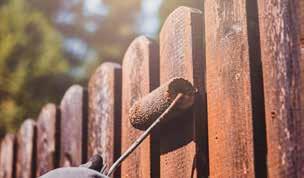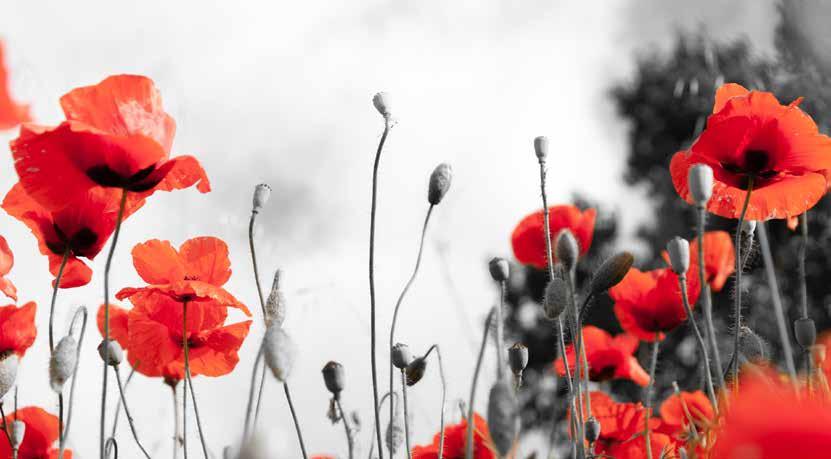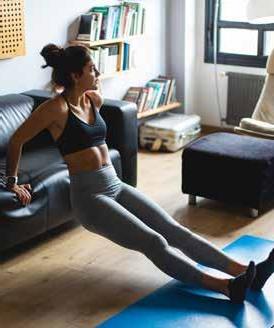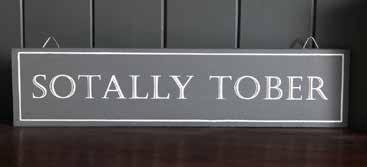
4 minute read
Keeping you safe
KEEPING YOU
You can find all this information and more by visiting www.gov.uk/coronavirus
Advertisement
It’s trying times but we all have a part to play in keeping communities safe from the threat of coronavirus. Here’s advice from the government as to what you can do to play your part
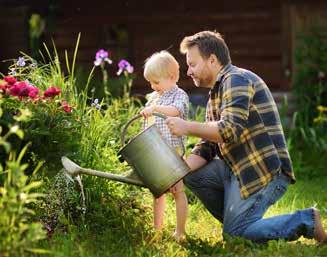

When we reduce our day-to-day contact with other people, we in turn help to reduce the spread of the infection. That is why, on 23rd March, the government introduced three new measures: l People are to stay at home, except for very limited purposes l The closure of all non-essential shops and community spaces, including libraries, playground and soft play facilities l Stopping all gatherings of more than two people in public (excluding those who live in the same household) Everyone must adhere to these new measures. The relevant authorities, including the police, have been given the powers to enforce them – including through fines and dispersing gatherings. The measures will be relaxed as and when the government have evidence to show that this is possible. Staying at home will help control the spread of the virus to friends, the wider community, and particularly the most vulnerable. You should only leave the house for one of four reasons: l Shopping for basic necessities, for example food and medicine, which must be as infrequent as possible l One form of exercise a day, for example a run, walk, or cycle - alone or with members of your household l Any medical need, or to provide care or to help a vulnerable person l Travelling to and from work, but only where this absolutely cannot be done from home
Even when doing these activities, the government advise that you should minimise the time spent outside of your home and that you are at least two metres apart from anyone outside of your household. Where parents do not live in the same household, children under 18 can be moved between their parents’ homes. The single most important action we can all take, in fighting coronavirus, is to stay at home in order to protect the NHS and save lives
– AND YOUR COMMUNITY – SAFE
The advice continues to be to clean your hands frequently each day by washing with soap and water for 20 seconds or using hand sanitiser. This will help protect you and the people you live with. This step is one of the most effective ways of reducing the risk of passing infection to others. WASH YOUR HANDS OFTEN
When you cough or sneeze, cover your mouth and nose with disposable tissues. If you do not have one to hand, sneeze into the crook of your elbow instead. COVER COUGHS AND SNEEZES
If you have a carer, they should also use disposable tissues to wipe away any mucus or phlegm after you have sneezed or coughed. Then they should wash their hands with soap and water. particularly challenging if you don’t have much space or access to a garden. It’s important to remember to take care of your mind as well as your body and to get support if you need it. Stay in touch with family and friends over the phone or on social media. Think about things you can do during your time at home.
People who have not minded staying at home have managed to keep themselves busy with activities such as cooking, reading, online learning and watching films. If you feel well enough, you can take part in light exercise within your home or garden.
To help look after your mental wellbeing at home, visit the Every Mind Matters website at www.nhs.uk/oneyou/everymind-matters/
Dispose of tissues into a disposable rubbish bag and immediately wash your hands with soap and water or use a hand sanitiser.
We know that staying at home for a prolonged period can be difficult, frustrating and lonely for some people and that you or other household members may feel low. It can be LOOKING AFTER YOUR WELLBEING WHILE STAYING AT HOME


Seek prompt medical attention if your illness or the illness in any household members is worsening. If it’s not an emergency, contact NHS 111 online. If you have no internet access, you should call NHS 111. If it is an emergency and you need to call an ambulance, dial 999 and inform the call handler or operator that you or your relative have coronavirus symptoms. WHAT TO DO IF YOU OR YOUR FAMILY NEED TO SEEK MEDICAL ADVICE
#STAYHOMESAVELIVES


